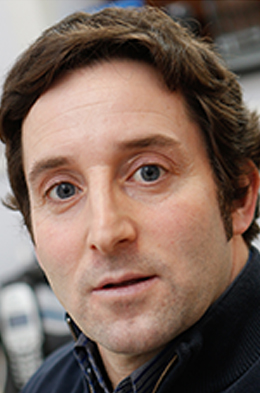Dr. Budillon graduated in Medicine and passed the Specialty Certification in Oncology at University Federico II, Naples, Italy. He obtained the PhD in Oncology from University G. D’Annunzio of Chieti, Italy, and a master’s degree in health economy, Management and Bioethics. He gained experience in biochemistry and antitumor experimental therapeutics as post-doc during a stage fellow at the National Cancer Institute, Bethesda, USA. Dr. Budillon is currently the chief of Experimental Pharmacology, National Cancer Institute G. Pascale, Naples, Italy. He is author of more than 130 publications. His research interest focusses on the molecular mechanism of novel anticancer drugs and the potential combination approaches between conventional and targeted based drugs, particularly epigenetic drugs. Other scientific interests are related with the identification of new predictive biomarkers for anticancer drugs as well as in proteomic/metabolomics approach in defining new molecular diagnostic and therapeutic targets.




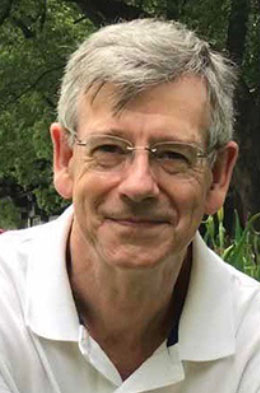
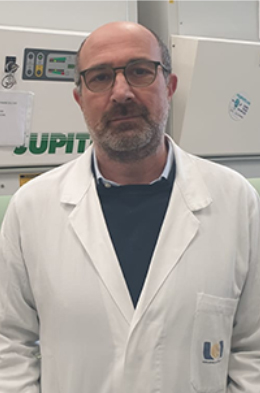
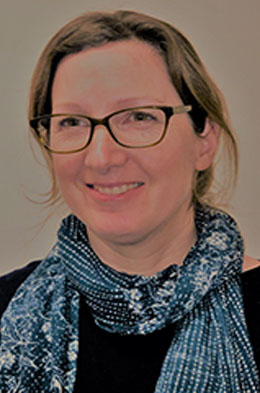
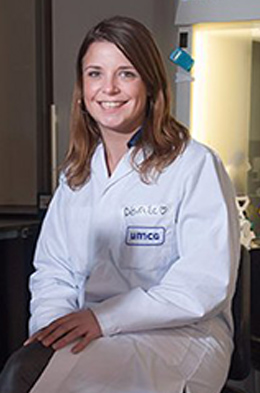
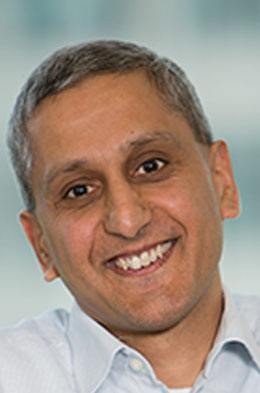
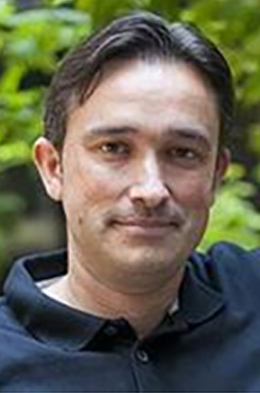
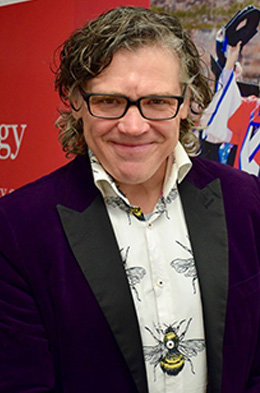
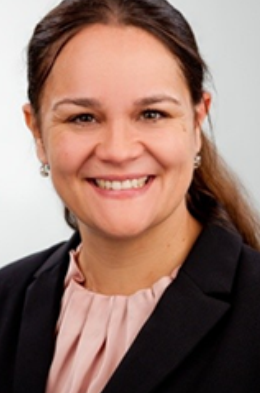

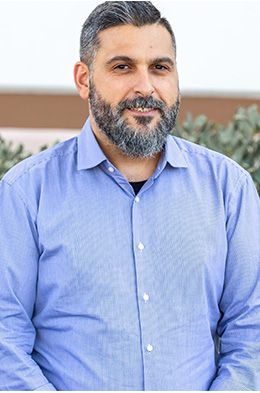
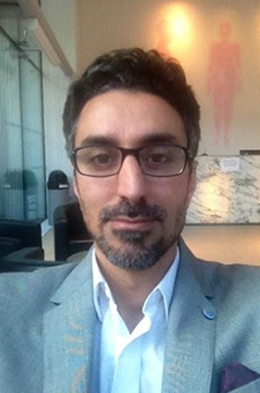
.jpg)
